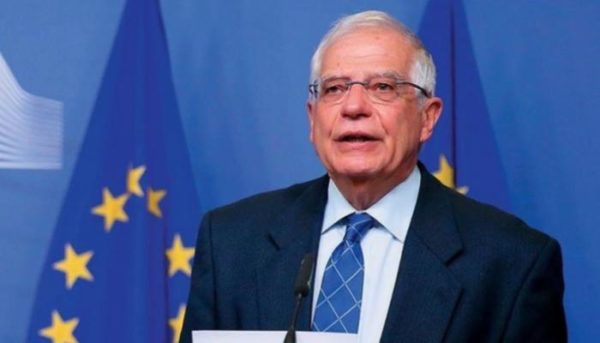
Ashraf AboArafe
In view of the rising humanitarian needs due to the raging conflict in Sudan, the EU launched a Humanitarian Air Bridge transporting critical supplies to our humanitarian partners in Port Sudan. The 30 tonnes of essential items, including water, sanitation and hygiene as well as shelter equipment were transported from the warehouses of the United Nations in Dubai to Port Sudan. Upon arrival, they were handed over to UNICEF and the World Food Programme.
The Humanitarian Air Bridge is organised in the framework of the European Humanitarian Response Capacity, a tool designed to fill gaps in the humanitarian response to natural hazards and human-induced disasters.
The EU has already allocated €200,000 for the immediate relief and first aid assistance to populations injured or exposed to high risk in the capital, Khartoum, and other areas affected by the ongoing violence. It supports the Sudanese Red Crescent Society in the provision of first aid, evacuation services, and psychosocial support. This funding is on top of the €73 million already allocated to Sudan in 2023 in humanitarian assistance. In addition, €200,000 were allocated to the Egyptian Red Crescent, for the provision of support to refugees arriving in Egypt from Sudan.
Background
Violent armed clashes broke out in Sudan on 15 April between the Sudanese Armed Forces and the Rapid Support Forces. This development comes following a prolonged political gridlock after the 2021 military coup. Prior to the outbreak of violence, the political, security and economic instability, combined with a poor harvest, led to the worst humanitarian crisis in a decade. The EU had stepped up its humanitarian aid to support the most vulnerable.
According to the latest reports by the country’s Ministry of Health, as of 5 May, at least 550 people have been killed – including 18 health and humanitarian workers – and more than 5,000 injured. The actual toll is expected to be much higher.
The EU has strongly urged all parties for a full compliance with international humanitarian law, including protection of civilians and humanitarian space. Safety and security of aid workers, premises and assets must be guaranteed so that they can provide emergency assistance to those affected.




